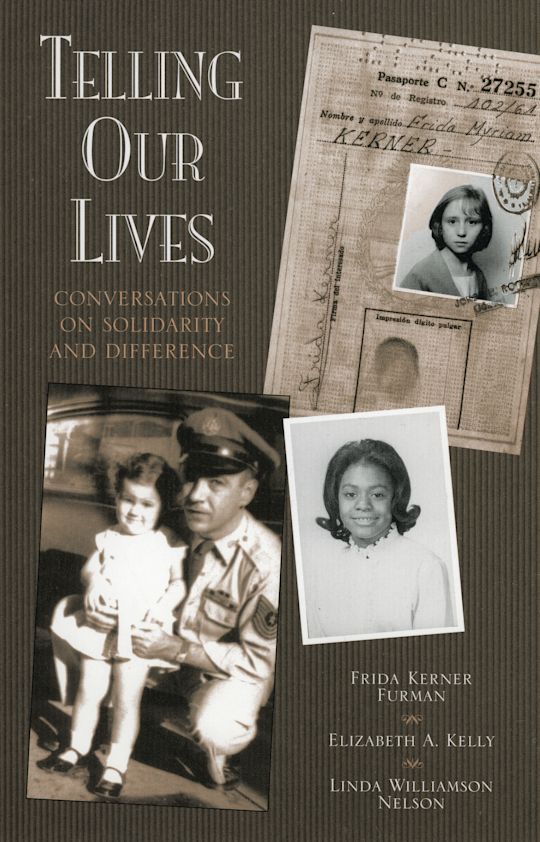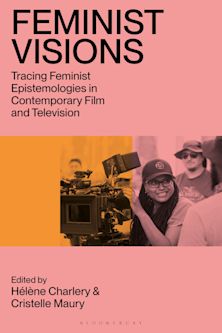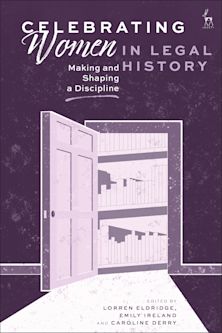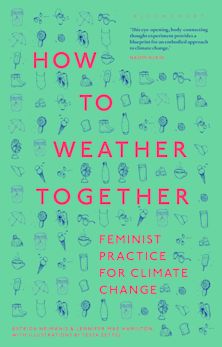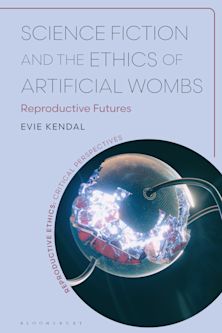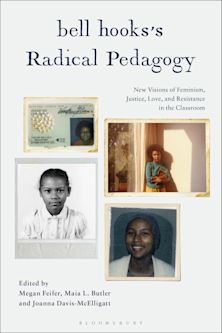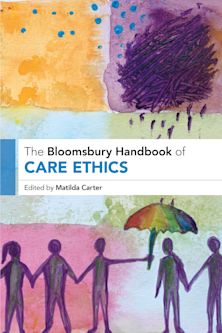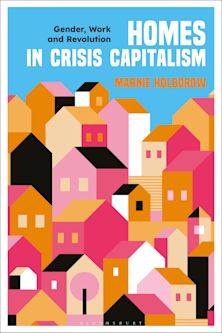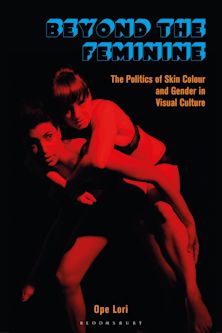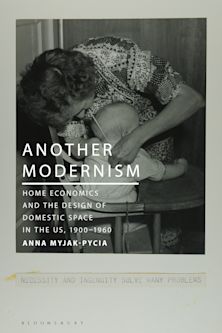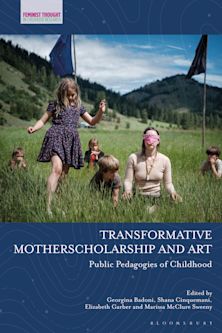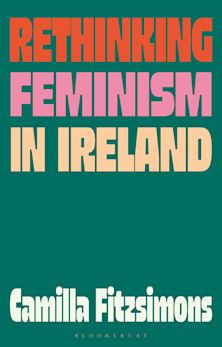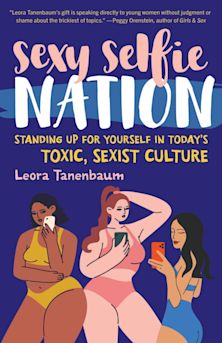- Home
- ACADEMIC
- Gender & Sexuality Studies
- Feminism
- Telling Our Lives
Telling Our Lives
Conversations on Solidarity and Difference
Telling Our Lives
Conversations on Solidarity and Difference
You must sign in to add this item to your wishlist. Please sign in or create an account
Description
Telling Our Lives explores how three working-class women-from Jewish, African-American, and Irish-American backgrounds-connect across their differences through storytelling and conversation. Three distinct voices intertwine in this book as the authors, now college professors, discuss family legacies of diaspora and dislocation, analyzing how these have shaped their personal and professional lives. Social class, ethnicity, gender, sexuality, and spirituality intersect and diverge in these pages, as the authors reflect on how they have been enriched and transformed by the relationships forged in the process of storytelling.
Table of Contents
Chapter 2 Introduction
Chapter 3 Daughters of Diaspora: Negotiating Family and CulturalHeritage
Chapter 4 A Friend of My Mind: Co-Construction and Cooperationin Extended Conversations
Chapter 5 The House that Words Built: Education and Dissidence
Chapter 6 For Every Border, a Bridge: Identity, Hybridity, and Moral Selves
Chapter 7 Work As Prayer: The Spiritual Dynamics of Professional Lives Within and Against the Academy
Chapter 8 Interwoven Lives, Cosmopolitan Visions
Chapter 9 Bibliography
Chapter 10 Index
Product details
| Published | 09 Jun 2005 |
|---|---|
| Format | Ebook (Epub & Mobi) |
| Edition | 1st |
| Extent | 224 |
| ISBN | 9781461666394 |
| Imprint | Rowman & Littlefield Publishers |
| Series | Feminist Constructions |
| Publisher | Bloomsbury Publishing |
About the contributors
Reviews
-
The discussion of differences between women: class, race, ethnicity, religion, and sexual orientation, has been posed as a competitive exercise in 'political correctness.' In their dialogical telling of their lives, Frida Furman, Elizabeth Kelly, and Linda Williamson Nelson craft a refreshingly new approach. Instead, their histories meet and mingle as mutual enrichment that is a 'hearing of one another into speech.'
Rosemary Radford Ruether, Claremont School of Theology
-
These candid, eloquent, engaging, and thoughtful narratives about three different lives interweave with each other to offer multiple portraits of the ways in which socioeconomic class, ethnicity, sexual identity, gender, and family history have shaped the entry of the authors into the spaces of academic life and textured their experiences within it. A must-read for all of us interested in thinking about the forces that shape knowledge production, academic success, and our prospects for genuinely inclusive academic institutions.
Uma Narayan, Professor of Philosophy, Vassar College









